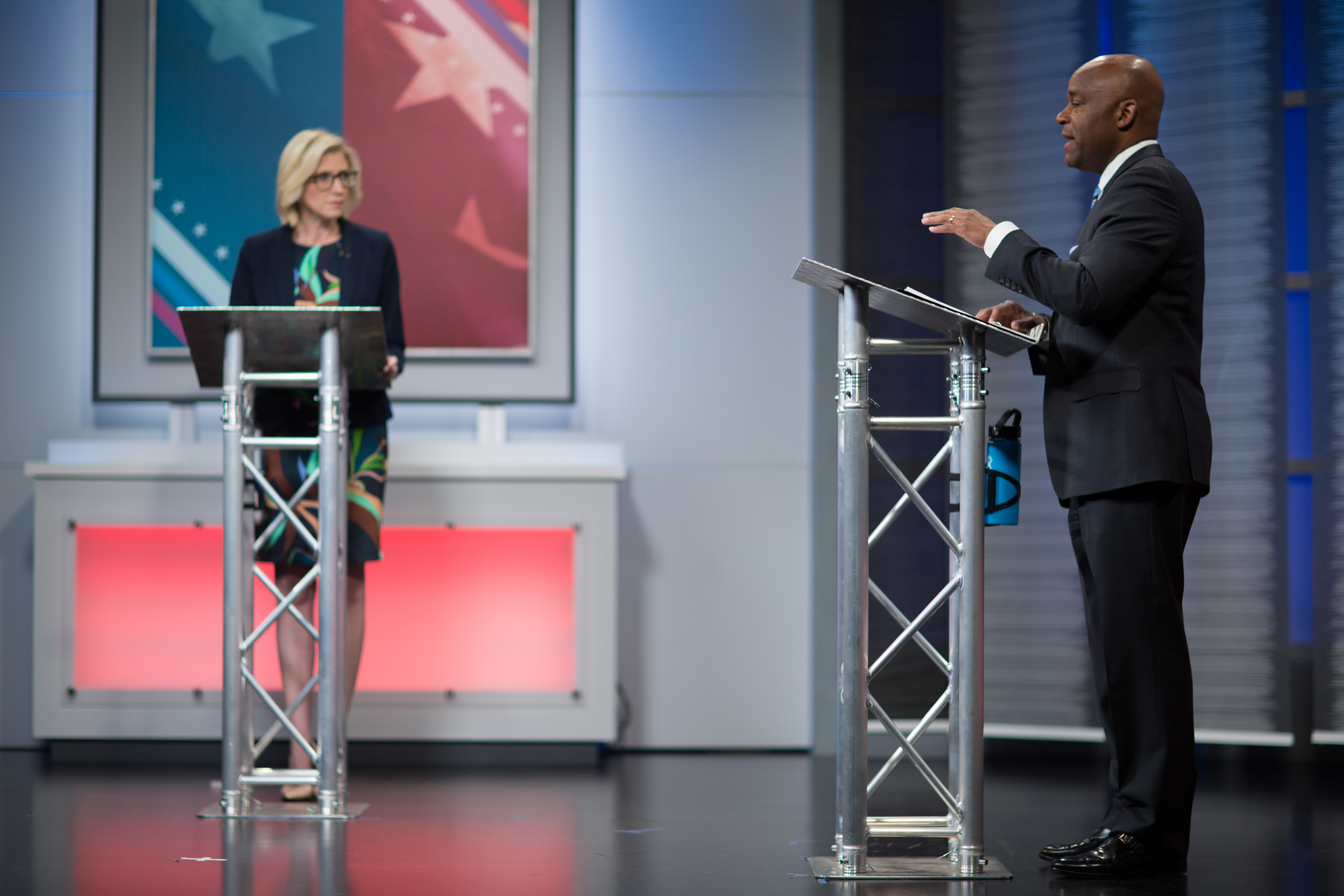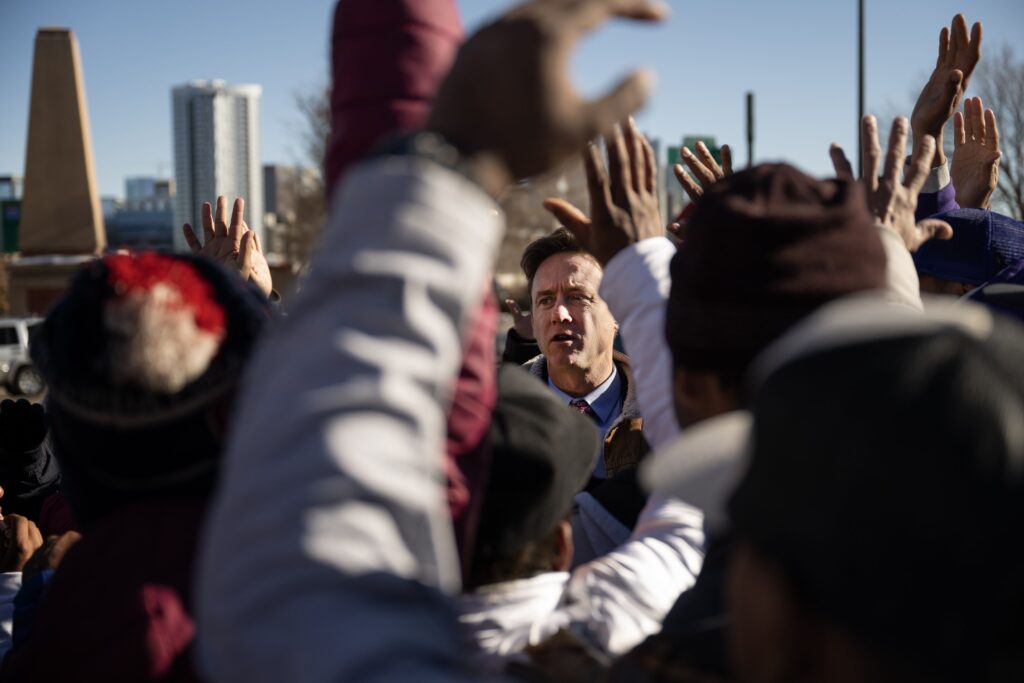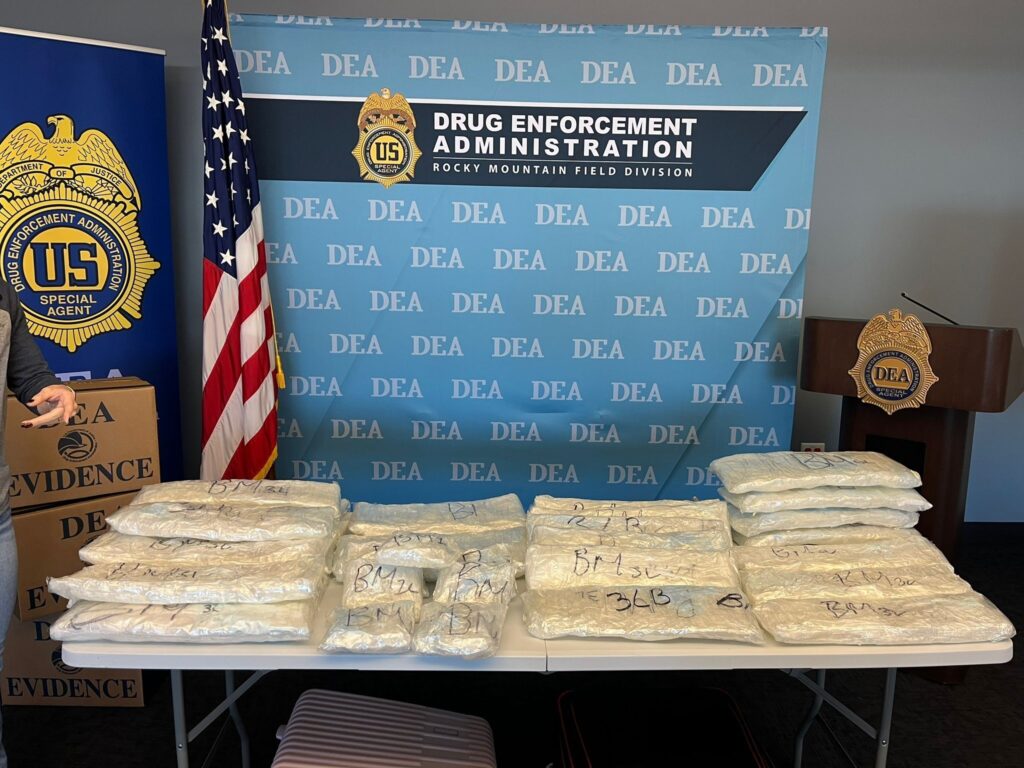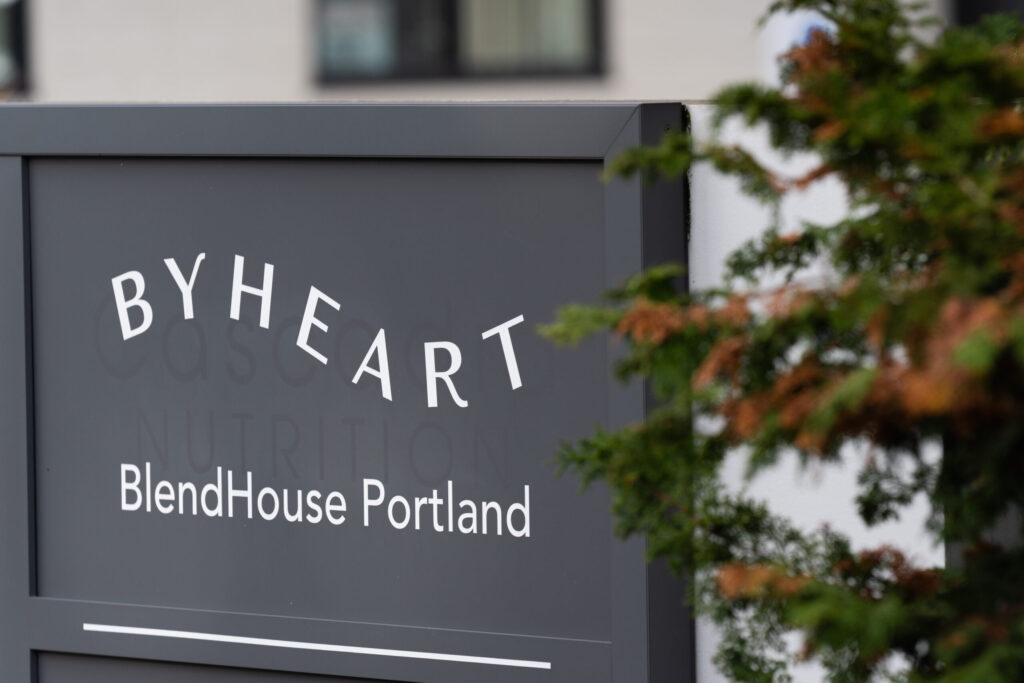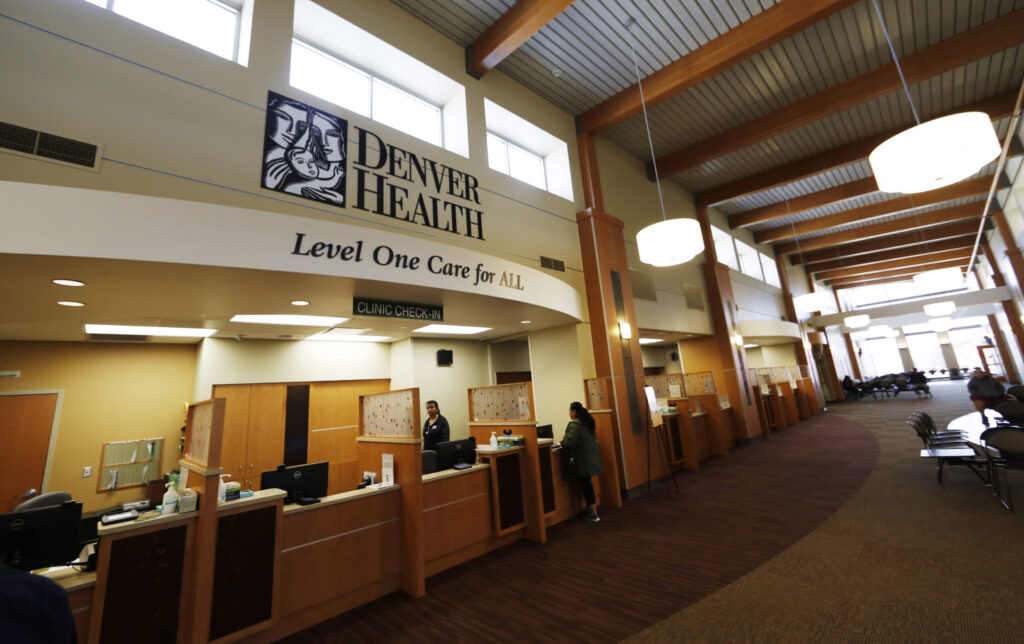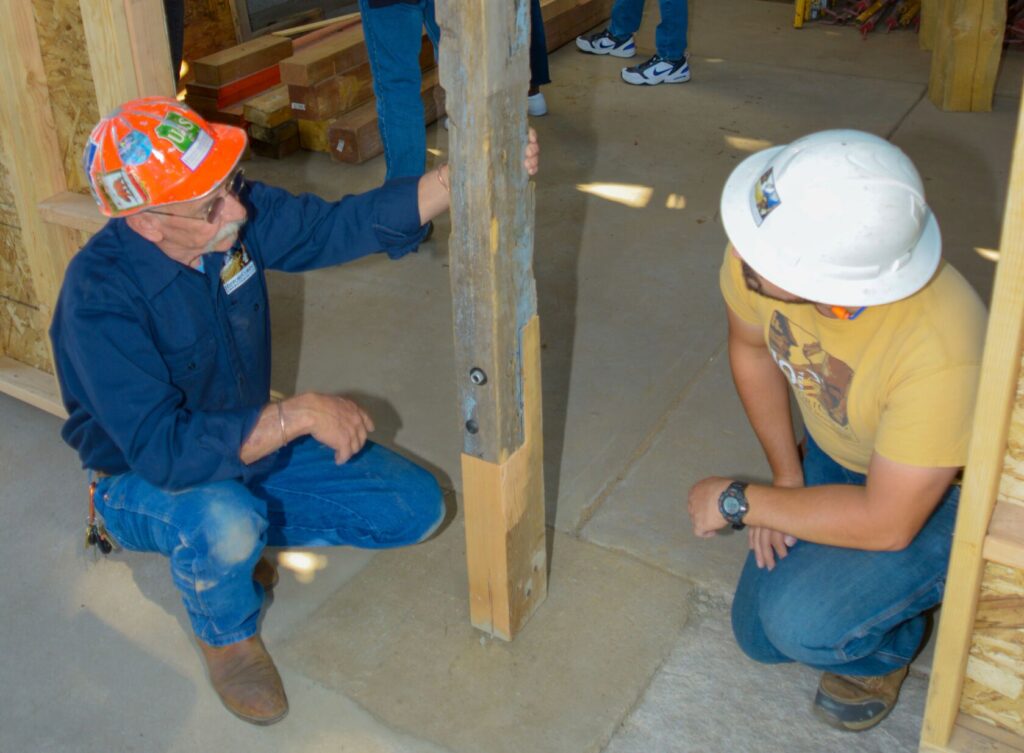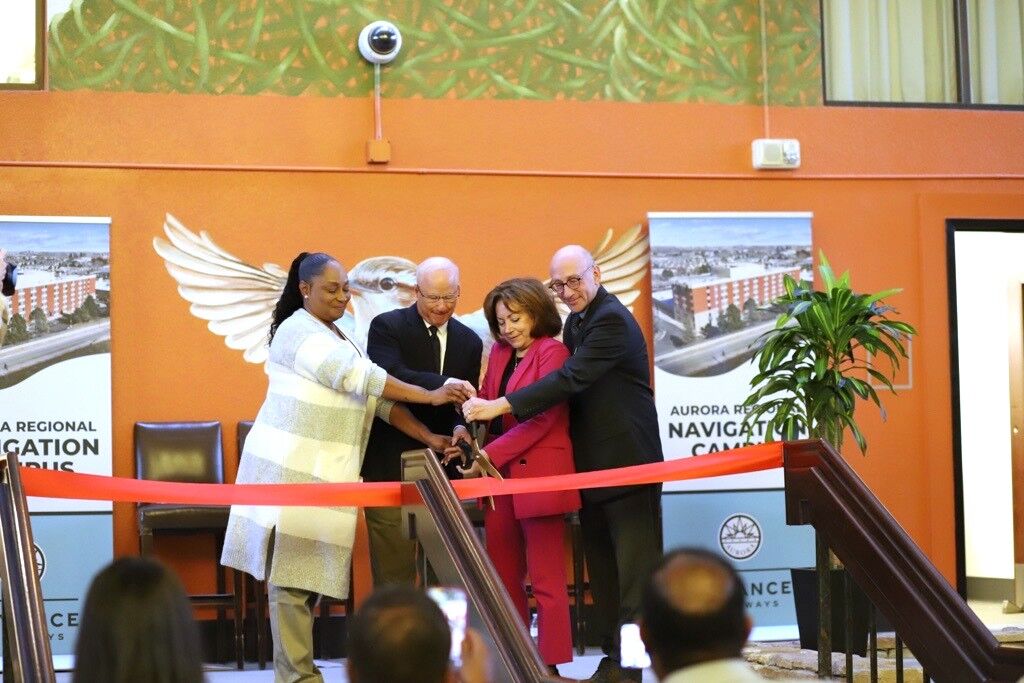COPO PODCAST: Denver mayoral race comes down to how choice is framed, say experts
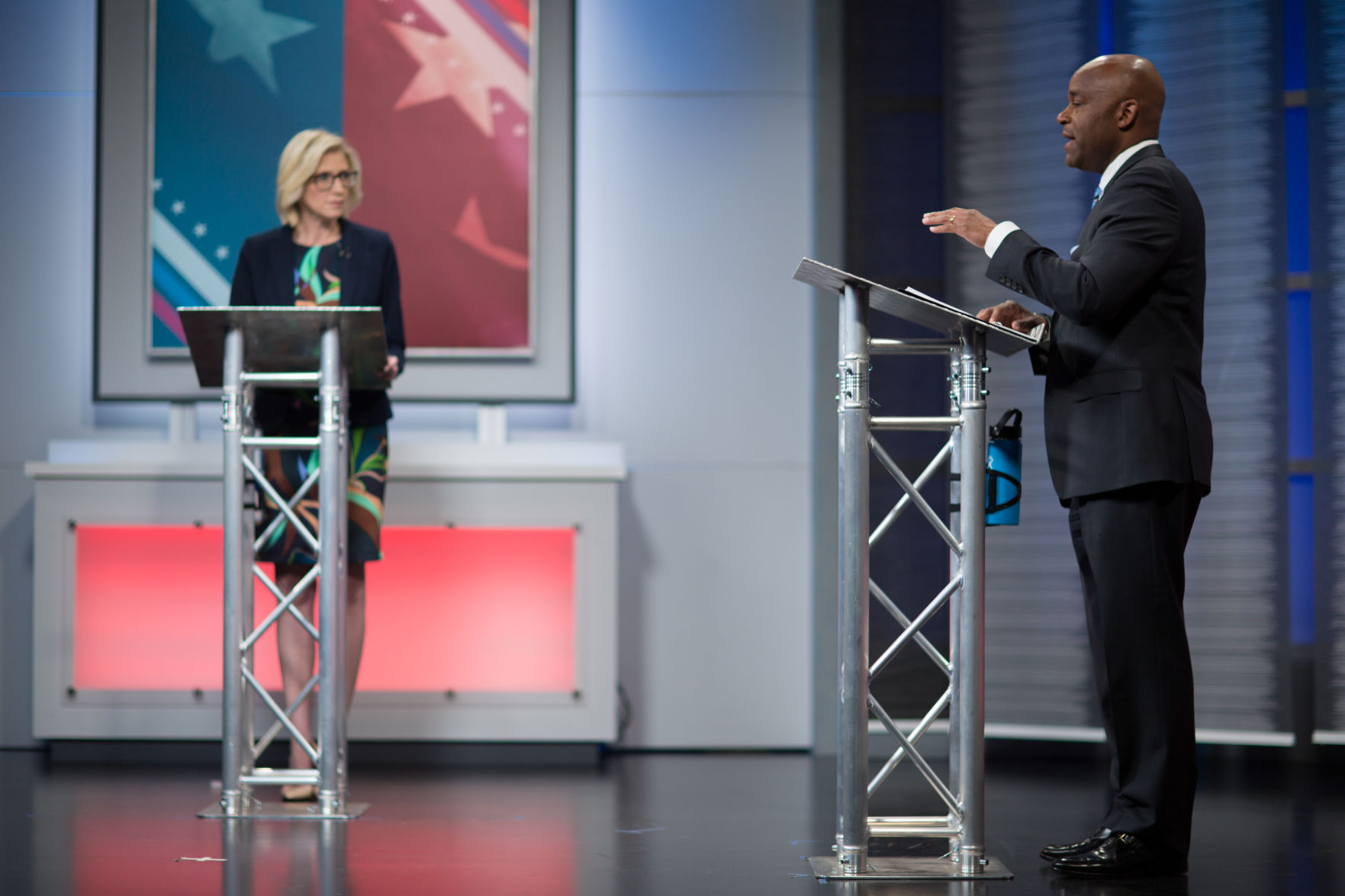
The runoff for Denver mayor is coming down to a question of who can best frame the race in the closing days of the campaign, according to two experts on local politics.
If challenger Jamie Gillies can portray the vote as a referendum on residents’ anxiety and concerns over how Mayor Michael Hancock has managed growth over the last eight years, then she has a shot at winning the June 4 runoff election, they said.
But if Hancock can frame the election as a referendum on Giellis and her qualifications for the office, then he is likely headed to a third and final four-year term.
> RELATED: TRAIL MIX | Hancock is no stranger to mudslide runoffs
Both veteran political consultant Eric Sondermann and Tony Robinson, chair of the political science department at the University of Colorado Denver, said they were struck at how different the tenor of the runoff contest has been from the general election campaign that preceded it.
Robinson said the debate over Denver’s unprecedented growth and development over the last decade drove voters to the polls in the election that ended May 7 with a turnout rate of nearly 40%, the highest seen since 1991.
“I think it signaled that there’s quite a bit of interest in this moment in Denver politics and Denver history,” he said during a Colorado Politics podcast, in which he and Sondermann offered their analysis and opinions on the race. (To hear the entire conversation, click below.)
“And I think what you find is this big moment when voters were weighing in on that big overriding issue,” Robinson added. “There were many polls that showed that homelessness and gentrification were driving issues and I think that drove a lot of repudiation of some key incumbents.”
Sondermann said he was surprised at how quickly the race pivoted once it came down to a runoff between Hancock, a former city councilman and Urban League president, and Giellis, an urban planner and former president of the River North Arts District.
> RELATED: Denver mayor’s race: Hancock, Giellis talk business in latest debate
“I guess I’m somewhat stunned to be sitting here two weeks plus a day after the first election and the whole tenor and context of the election seems to have changed,” Sondermann said.
“As Tony noted, the first election seemed to be dominated by growth and growth’s consequences, whether that’s traffic congestion, gentrification, housing crisis and then with homelessness being a major secondary issue in that whole equation,” he said.
“Two weeks later and this seems to be an election based upon personal attacks and on … racial, gender and ethical issues,” Sondermann added. “It’s almost like a tale of two different worlds, one was before May 7 and one is the two weeks since May 7.”
> RELATED: CoPo coverage of Denver’s runoff election
=
=
=
